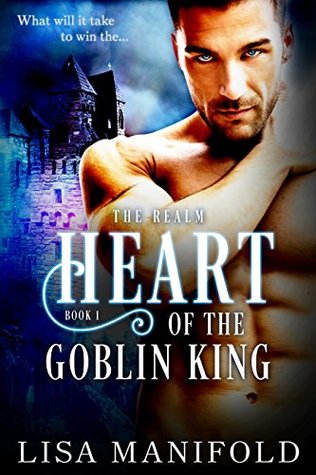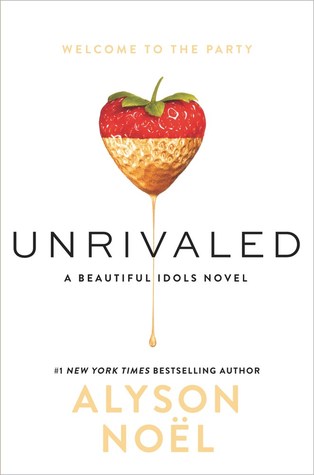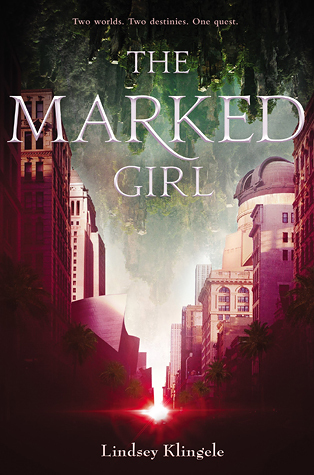Jeff boards the bus for the Civics class trip to Washington, DC, with a few things on his mind:
-Six hours trapped with his classmates sounds like a disaster waiting to happen.
-He somehow ended up sitting next to his ex-best friend, who he hasn’t spoken to in years.
-He still feels guilty for the major part he played in pranking his teacher, and the trip’s chaperone, Mr. Bailey.
-And his best friend Cannon, never one to be trusted and banned from the trip, has something “big” planned for DC.
But Mr. Bailey has an idea to keep everyone in line: each person on the bus is going to have the chance to tell a story. It can be fact or fiction, realistic or fantastical, dark or funny or sad. It doesn’t matter. Each person gets a story, and whoever tells the best one will get an automatic A in the class.
But in the middle of all the storytelling, with secrets and confessions coming out, Jeff only has one thing on his mind—can he live up to the super successful story published in the school newspaper weeks ago that convinced everyone that he was someone smart, someone special, and someone with something to say.
And here are Kim's answers to some interview questions:
In addition to writing books, you teach medieval literature and children’s literature. In what ways do these subjects continue to inspire your writing?
When I was a new PhD student of medieval English literature and attended my first SCBWI NY conference, Jane Yolen said in her keynote that you don’t need a PhD in medieval studies to be a writer. I might have had a mini identity crisis. Okay, she’s right, but it doesn’t mean my PhD was overkill or a useless hurdle. In fact, I don’t think I could have written SOMETIMES WE TELL THE TRUTH without earning that PhD and teaching Chaucer for years. The classroom is such a wonderful place, where I can basically tell a room full of people to go read the things I want to read and talk about…and then we do! Because I knew the Chaucer’s characters and did everything possible to make Chaucer fun and funny and relevant to my students, the modernized adaptation came together quickly and with such delight. So, yes, I was definitely inspired by my teaching—not just the subject matter, but the community of smart people to talk to, from mentors to students. The PhD helped get me there!
It makes sense then, that your upcoming book, SOMETIMES WE TELL THE TRUTH is a YA contemporary version of Chaucer's Canterbury Tales. What fascinates you most about the medieval?
Definitely the chickens. I’ll explain, but basically, I think what I like best is the way the familiar becomes unfamiliar, and the unfamiliar becomes familiar. So, you think you know about chickens, right? They peck at the ground, say bawk, etc. But in the medieval nonfiction (haha) travel narrative, Wonders of the East, which can be found in the famous Beowulf manuscript, we learn the chickens on the other side of the world CAN IGNITE PEOPLE INTO FLAMES. Think Otherworldly Poultry meets red-shirted Star Trek men. Now those are chickens. What I’m saying is not that Weekly World News was hot in the medieval period (though I guess it was) as much as medieval people lived in a world where anything could happen, anything, even chickens and dragons capering in the same mystic space, which is pretty awesome. Whoa, I’m getting a fantasy novel concept THIS VERY MOMENT involving chickens and dragons and red-shirted men. Sweet.
To add an evil teaser, I do have chickens in SOMETIMES WE TELL THE TRUTH, and I don’t use the fiery variety, but I do have to warn you that medieval-inspired chickens are very fiery in terms of the romance scenes. Passions ignite. Feathers fly...
And our interest is sparked! If you could pick a character from The Canterbury Tales to have lunch with, who would it be and why?
The Pardoner won me over with this project. He’s this feminine-looking guy with thin, pale hair and a high voice and a smooth face that’s never needed a shave. He’s also a con-artist, and he’d probably swindle me from all the money in my wallet, but even so, I’d buy him a really nice lunch. I’d want him to tell me the story he really wants to tell—not just the ‘clean’ story all the pilgrims insisted on, probably because they were scared of his sexuality or appearance, and this censoring was just one more micro-aggression to add to his daily life. If he wants to tell me his secrets and how he really feels, I’m here, but it’s really up to him. And if I were feeling brave, I’d tell him that I wrote about his teenage self in 2016, hoping to find a way to make him feel accepted and loved, and that I was trying to catch him as a teen so he wouldn’t grow up to feel the rejection he experiences in Chaucer’s version. I’d want him to know he’s not just a marginalized sideshow to the cast. He’s central, the real deal.
I can't wait to read him! What are some of your current projects?
I have a draft of a novel about high school sweethearts whose relationship becomes strained during the first semester of college. That’s what I’m revising in my free time. I’m also doing some academic writing on (you guessed it) Chaucer’s Pardoner. I’d like to go back to a Norse mythology novel I’ve been working on for a long time. And I have a few other projects that come in starts and stops, waiting to become real.
Bio: Kim Zarins has a PhD in English from Cornell University and teaches medieval literature at Sacramento State University. Her YA contemporary retelling of Chaucer’s Canterbury Tales, Sometimes We Tell the Truth, will be released on September 6, 2016. When she isn’t reading, writing, or teaching, she hangs out with her family in Davis, CA, and coaxes a scrub jay named Joe to take peanuts from her hand. You can find her at www.kimzarins.com, on Twitter @KimZarins, and on her public page on Facebook at Kim Zarins.























